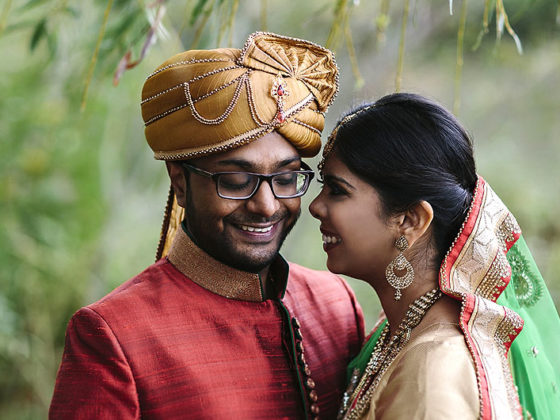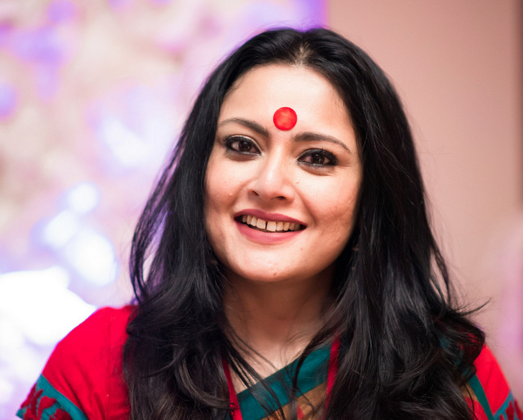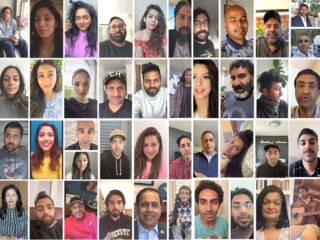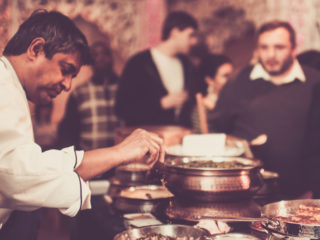Cancer is a disease that does not discriminate. Every person is fair game.
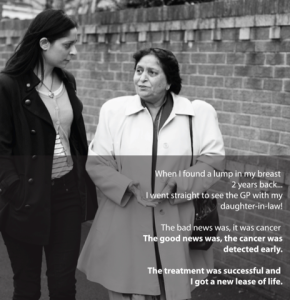
My mom was diagnosed with breast cancer in the summer of 2013. We were all in disbelief. This was a woman that had never smoked, indulged in alcohol… or even tried dating. A woman who had followed the rules of society by giving herself entirely to domestic obligations, despite a lifetime of marital betrayal. A woman that always put others before herself was now being punished, for perhaps not considering herself a priority. But, can my immigrant mother justifiably be held accountable for not getting her year-long breast lump checked by the doctor when she lacked resources, such as information and insurance?
I sometimes wonder how my mother’s actions would have differed had she known that breast cancer had been steadily increasing in the South Asian diaspora (there’s even a study from the South Asian Public Health Association that states South Asian-Americans have a higher risk of breast cancer than those living in India), or that you should perform regular self-breast exams in the shower. I wonder how much less pain she would have endured if she overlooked the doctor’s fees, went for a check-up and had an early diagnosis. I wonder how her fight against cancer would have altered if she answered that phone call from her long lost best friend, who was calling because she, too, was diagnosed with breast cancer in the same month.
My mom fought long and hard, but she ended up doing it solo. Well, not completely solo… she had her family (her husband and three adult children) to care for her, a distant aunt (who also was a cancer survivor), and Google. Google definitely played a huge role, where information was concerned. After listening to her aunt’s experience battling cancer, my mom wanted to learn more and actually stumbled upon YouTube videos of live cancer surgeries. Google played a crucial role, once again, when my brother-in-law managed to find the personal number of a top cancer specialist to treat the infection post surgery that my mother’s surgeons refused to nurse. However, when none of the medications for the infection were working, we were close to losing hope. Who should we turn to after being turned away by the surgeons, and a top cancer specialist’s prescribed medications were failing? My mother’s nurse suggested we transfer from Queens Hospital Center to Long Island Jewish Medical Center (LIJMC). It then occurred to me, “Why not take our mom to the best hospital for cancer patients? Who cares what the cost will be!” We googled and rushed our mom to the emergency room of New York-Presbyterian Hospital (praised for their stellar cancer treatments), got covered under Emergency Medicaid, and had the disease put to a halt! In hindsight, all this back and forth could have been avoided had there been more information provided, like the chance of infection post surgery tends to be high and that my mom was eligible for affordable care at top cancer facilities.
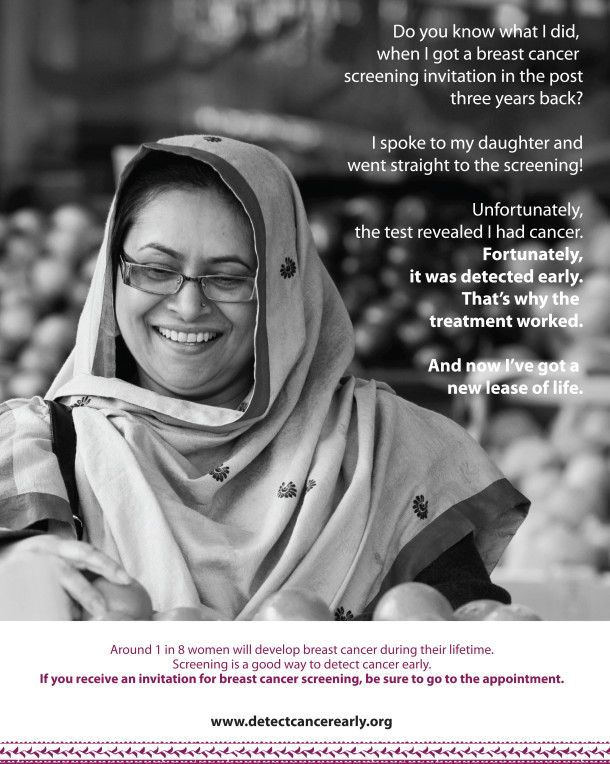
Once the infection cleared, my mother’s body was introduced to chemotherapy. Slowly but surely, every hair strand was combed away. It was a distressing sight to see our beautiful mother bald for the first time. She was still beautiful, no doubt, but somewhere she preferred to not be visible to the world beyond her small family. Of course, it is understandable for an individual to want to retreat into their own cave, but I can only imagine the compassion and positivity that could have been offered through support groups. Yes, my mom had Youtube where she watched interviews of several cancer survivors tell their stories. However, it is still a different feeling to have someone in the same boat right next to you, to look at you, listen and empathize with you. I would say my mother’s most effective support was a daily glass of wheatgrass juice. It prevented an abnormal weight loss, high blood pressure, high sugar and other side effects of chemotherapy. In fact, my mother was able to skip radiation!
There is no doubt that my mother is not a survivor, but a fighter. It is also evident that her case could have been handled with much more competence on the part of several people. First, I would like to bust this myth of “natural beauty” that seems to run rampant (especially in South Asian communities), coupled with the understanding that there is almost no identity of a woman after marriage beyond being a perfect wife and mother who always puts her family before herself. I know for a fact that my mom not only considers her health to be the least important in comparison to her domestic obligations, but she also prides over functioning well without putting in much effort to take care of herself. Second, the lack of information from the beginning of the process to the end is unacceptable! From the surgeons refusing to admit that there was an infection to being uninformed of affordable-care options, there is clearly much work needed in making sure complete and proper information is provided to those diagnosed with cancer and even the general public. Finally, support groups where cancer patients share their stories are a must–especially those conducted in several different languages! It’s true my mom can manage to converse in English, but she always feels more comfortable talking to Hindi speakers. While the availability of such support groups is important, it is equally as important to assure patients that they can expect only compassion and camaraderie from fellow patients. Perhaps convenience is also a factor worth considering. If online support workshops could be offered where there could be weekly Skype sessions one-on-one or in groups, patients are much more likely to take advantage. I am hopeful and almost positive that these crucial changes in the medical system will happen indefinitely, but only if we continue to raise awareness and demand the change!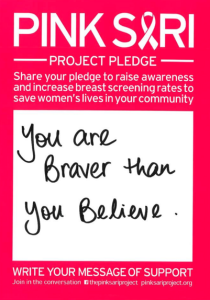
(Editor’s Note: This author has chosen to remain anonymous, so as to respect her mother’s private journey. But, we must add that Bibi Magazine’s editor-in-chief and publisher, Ayesha Hakki, has been pertinent in raising awareness within the South Asian-American population. She’s even chronicled her battle with cancer online through a series of posts titled, “The C Diaries.” Additionally, hospitals like New York City’s Memorial Sloan Kettering Cancer Center have begun to pave the way with their South Asian Health Initiative, but much progress still needs to be made… and it starts with your voice, your decision, and your actions!)


